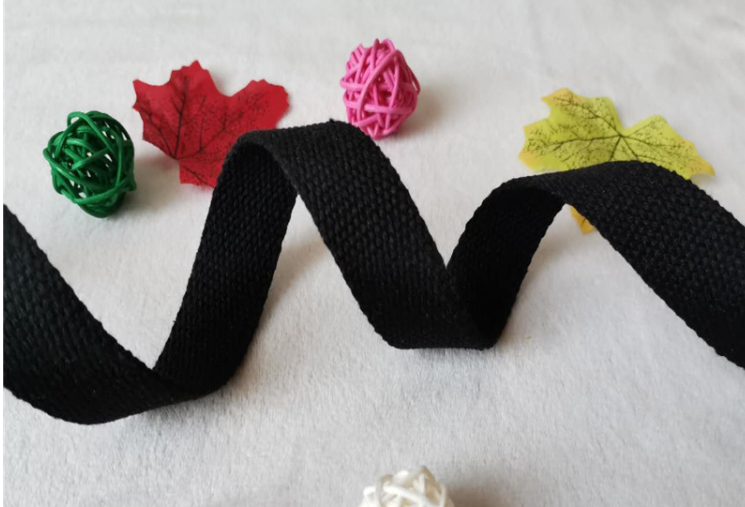How much BDU uniform?
If you want to buy an BDU uniform, how much you need to pay?
The cost of a Battle Dress Uniform (BDU) can vary depending on several factors, including the vendor, the location of the purchase, and any customization options requested. On average, a BDU uniform set, which includes a shirt and pants, can cost anywhere from $30 to $60. Keep in mind that this is just an estimate and prices may vary.
The cost of BDU uniform is around $10.5-11.5 per set.
History of ACU Uniform(from Wikipedia)
First issued in limited number to garrison leaders, officers, and generals to all branches of the U.S. Armed Forces in September 1981 for replacement of the long worn and aging Olive Drab colored uniforms or OG-107, the following month, the Battle Dress Uniform began field issue military-wide.
Since 1981, changes included the addition and subsequent elimination of buttoned waist adjustment tabs, the size reduction of the collar, and refinements in stitching and fit.
BDUs were initially only issued in a 50/50 nylon and cotton twill blend called the Temperate Weather BDU or TWBDU. Complaints regarding the heat retention of these uniforms, especially following the invasion of Grenada in 1983, led to the introduction of the Hot Weather BDU, the HWBDU. The Hot Weather BDU coat and trousers were constructed of 100 percent ripstop cotton, in a four-color woodland camouflage pattern. However, after complaints of shorter wear and frayed cuffs, along with requirements imposed by unit commanders to starch the all-cotton uniform for parade, the Enhanced Hot Weather BDU (EHWBDU) replaced the HWBDU commencing in 1996. The EHWBDU’s components are made with a 50/50 ripstop nylon and cotton poplin blend.
BDUs were printed with infrared-brightened dyes. Near-infrared (NIR) Signature Management Technology is used in the uniforms to help prevent detection by NIR Image Converters. These photocathode devices do not detect temperatures, but rather infrared radiation variances. NIR-compliant uniforms use a special fabric that allows soldiers to appear at the same radiation level as the surrounding terrain, thus making them more difficult to detect. It is advised not to use starch when cleaning or ironing BDUs since starch weakens the fabric and ruins the infrared protective coating. A pair of BDUs that has been starched even once should not be worn in combat.
The tropical weight uniform was not as durable as the temperate weight uniform. The tropical uniform would only last for 4–6 months of use when rotating four uniforms for duty, while the temperate uniform would last over a year under the same conditions.
How many fabrics for one set BDU uniform?How many accessories for one set BDU uniform?
If you want to buy a BDU uniform, you might want to know its cost.
Generally speaking, the cost of clothing consists of several parts: Fabric, accessories, and worker costs.
One set of BDU uniform needs the following quantities of fabric and accessories.
Fabric: 3.80 Meters
Accessories:
Button: 36 PCS
Cotton rope: 1.94 Meters
The liner inside collar: 10*50 CM
Label: 4 PCS
Metal buckle: 2 PCS
Thread: 450 Meters/0.15 PCS
Package( bag,tape,carton):some
Worker cost:
How much ACU uniform? How do I know the ACU uniform cost?
| ITEM | QTY | UNIT PRICE | AMOUNT |
| Fabric | 3.80 Meters | $ 1.730 | $ 6.574 |
| Button | 36 PCS | $ 0.007 | $ 0.252 |
| Cotton rope | 1.94 Meters | $ 0.031 | $ 0.060 |
| Liner inside collar | 10*50 CM | $ 0.015 | $ 0.150 |
| Label | 4 PCS | $ 0.010 | $ 0.040 |
| Metal buckle | 2 PCS | $ 0.018 | $ 0.036 |
| Thread | 0.15 PCS | $ 0.615 | $ 0.092 |
| Package | $ 0.153 | ||
| Material loss | 3% | $ 0.221 | |
| Worker cost | $ 3.582 | ||
| Total | $ 11.160 |
Users. Which countries are using BDU Uniform?
According to incomplete statistics, the following countries/regions are using the BDU style as the National army uniform.
Argentina Army
Armenia Army
Azerbaijan Army
Bahamas Army
Bangladesh Army
Benin Army
Bolivia Army
Cambodia Army
Chad Army
Chile Army
Colombia Army
Congo Army
Costa Rica Army
Croatia Army
Dominican Republic Army
Egypt Army
El Salvador Army
Estonia Army
Ethiopia Army
Fiji Army
Honduras Army
Iraq Army
Kosovo Army
Mexico Army
Netherlands Army
Peru Army
Philippines Army
Somalia Army
Thailand Army
Vietnam Army
FAQ
1, I just see about 3.2-3.3meters fabric why do you say 3.8meters?
It does not depend on how much fabric is on the uniform, but on how much fabric is used to produce the suit. For bigger sizes(3XL,4XL,5XL)use more fabric.
2, If we buy large quantities can the cost go down?
Yes sure. For large quantities, fabric and accessories purchase costs will go down, and better to control material and accessories loss, also negotiable worker costs.
3, Are the costs the same all the time?
No. Fabric price fluctuations and worker costs are the biggest factors.
Photos of accessories on BDU uniform





